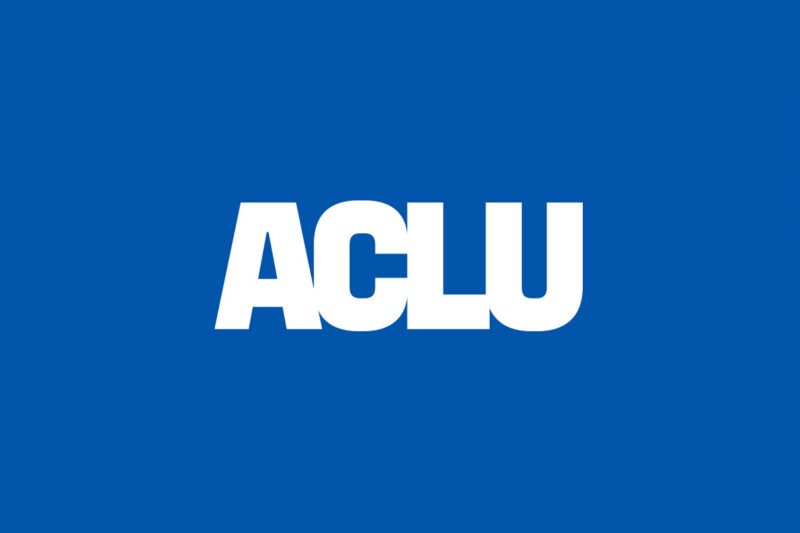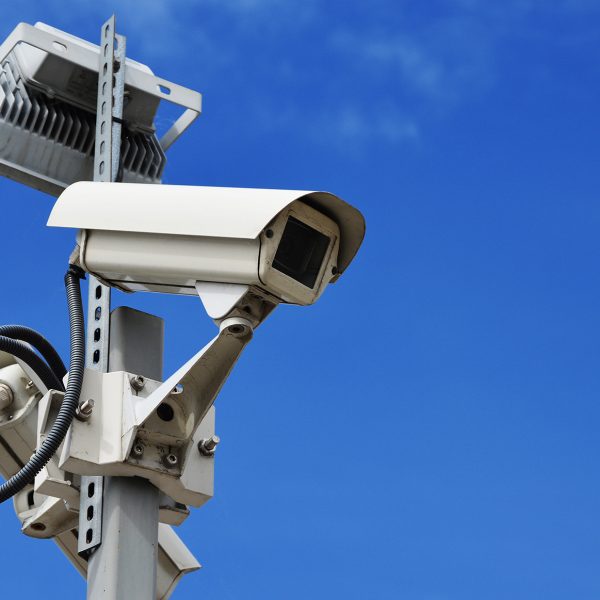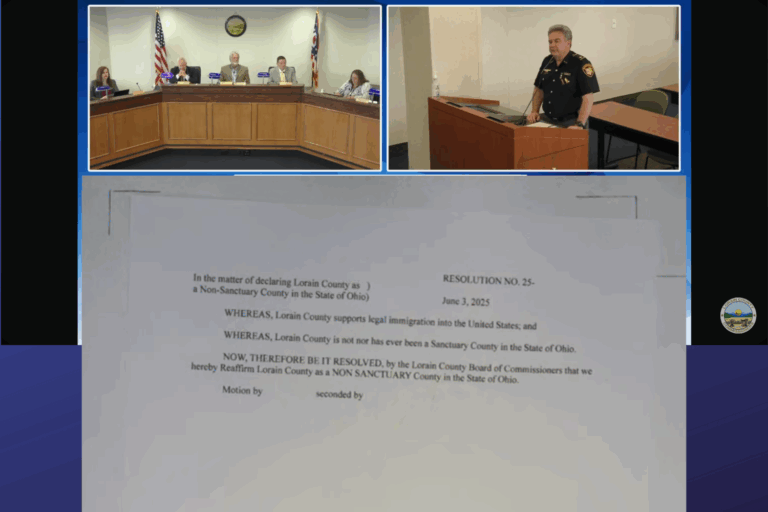
In recent years, local police departments across the globe have increasingly turned to advanced technologies to enhance their surveillance capabilities. One such technology gaining traction is the use of flock cameras. These cameras, which operate in networks to monitor public spaces, offer both advantages and drawbacks that are reshaping the landscape of modern law enforcement.
Pros of Flock Cameras:
- Enhanced Surveillance Coverage: Flock cameras provide comprehensive coverage of public areas, enabling law enforcement to monitor multiple locations simultaneously. This broad surveillance capability can help in deterring crimes and quickly responding to incidents.
- Improved Crime Prevention: The presence of visible cameras can act as a deterrent to potential criminals, reducing crime rates in monitored areas. Studies have shown that the perception of being watched can influence behavior positively.
- Investigative Aid: When crimes do occur, flock cameras can provide valuable evidence for investigations. They capture real-time footage that can be crucial in identifying suspects, reconstructing events, and ultimately solving cases.
- Cost-Effectiveness: Compared to traditional manned surveillance methods, flock cameras can be more cost-effective over time. They require minimal ongoing human intervention and can cover a larger area per camera, reducing the need for extensive physical patrols.

Cons of Flock Cameras:

- Privacy Concerns: One of the most significant drawbacks of flock cameras is the potential invasion of privacy. Constant surveillance in public spaces raises concerns about the erosion of personal freedoms and the right to anonymity in public.
- Civil Liberties: Critics argue that widespread camera surveillance could lead to a surveillance state where individuals feel constantly monitored. This perception can undermine trust in law enforcement and government authorities.
- Potential for Misuse: There are concerns about the misuse of surveillance footage or the data collected by flock cameras. Unauthorized access, data breaches, or the use of footage for purposes other than public safety raise ethical and legal issues.
- Effectiveness Debate: While proponents argue that flock cameras deter crime, skeptics question the extent of their effectiveness. Some studies suggest that while cameras may displace crime from monitored areas, they may not significantly reduce overall crime rates.
———————————————————————————————————————————————————–

Is it worth it? Let’s talk about it.

The use of flock cameras by local police forces represents a double-edged sword in the realm of public safety and civil liberties. On one hand, these technologies offer undeniable benefits such as enhanced surveillance, crime prevention, and investigative support. On the other hand, they raise valid concerns about privacy, civil liberties, and the potential for misuse.
To navigate this complex landscape, it is crucial for policymakers, law enforcement agencies, and communities to engage in transparent discussions. Clear guidelines on camera deployment, data management, and privacy protections must be established to mitigate risks and safeguard individual rights. Furthermore, continuous evaluation of the effectiveness of flock cameras in reducing crime and enhancing public safety should inform future decisions about their deployment.

While flock cameras have the potential to be a valuable tool in the arsenal of law enforcement, their deployment must be balanced with robust safeguards to protect privacy and civil liberties. Achieving this balance is essential to ensure that these technologies serve their intended purpose of enhancing public safety while respecting fundamental rights in democratic societies.





The increasing amount of criminal behavior and shrinking police employment make the strong cases for cameras. Personal privacy doesn’t justify monitoring criminal activity.